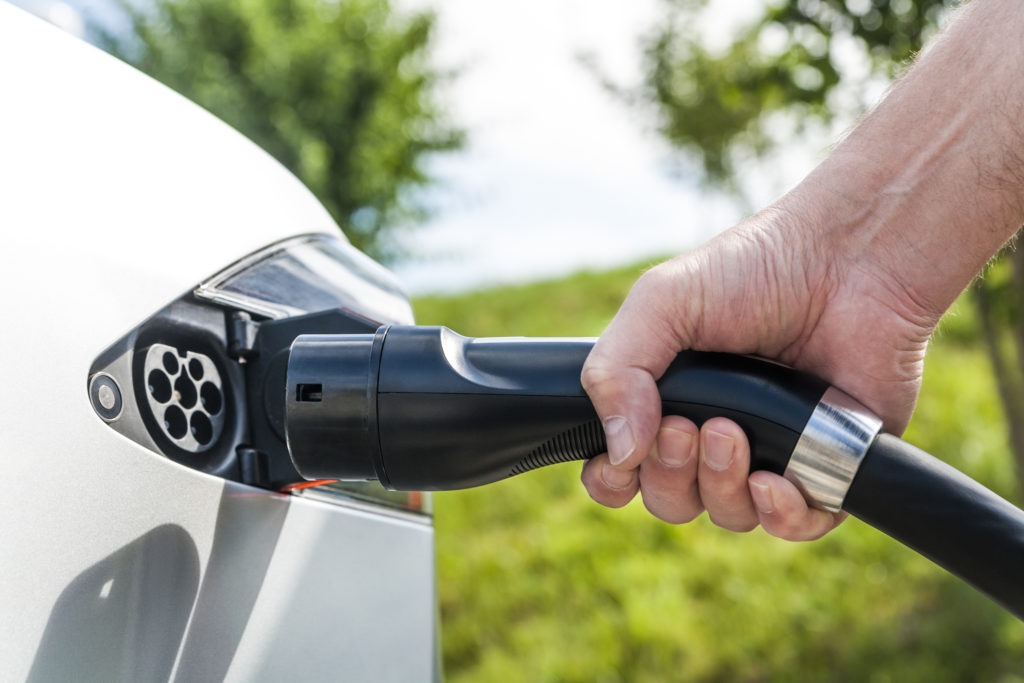TRL study: Only 1 in 4 UK consumers would buy an electric car
22 May 2019

22 May 2019
Only one in four people in the UK would buy a battery electric vehicle (BEV) in the next five years, according to the results of a new study by the Transport Research Laboratory (TRL).
The results of the study into UK consumers and electric vehicles highlight the reluctance of British drivers to embrace cleaner electric technology.
According to the BBC, as part of the research, motorists were asked to drive three cars for four days apiece. These were a Volkswagen e-Golf battery electric vehicle (BEV), a Golf GTE plug-in hybrid (PHEV) and a non-electrified Golf GT Edition.
The range of BEVs was one of the most limiting factors for those who took part, the survey suggests. The analysis revealed that a range of 200 miles was required for 50% of participants to consider owning a vehicle powered purely by electricity. Increasing the range to 300 miles would push this up to 90% of participants.
Around half said they would choose a PHEV as a main or second household car in the next five years, while the same number said they would consider a BEV only as a second vehicle.
Range anxiety
′The range needs to be long enough to give consumers confidence that the vehicle can meet their needs. The upfront purchase cost, and the availability of charging infrastructure so they can charge where and when they need were also factors,’ commented George Beard from the Transport Research Laboratory to the BBC.
The UK Government is legally bound to reduce CO2 emissions in 2050 by 80% compared with levels in 1990, and reducing vehicle emissions is seen as a critical part of this. As part of its clean air strategy, the Government has pledged to end the sale of all new conventional petrol and diesel cars and vans by 2040.
Last year, however, the UK Government scrapped subsidies for new PHEVs and cut discounts on BEVS cars from £4,500 (€5100) to £3,500 (€3970). The Government recently said it would not re-establish the PHEV incentive, despite falling sales.
Growing demand
Sales growth of BEVs in the UK lagged behind other European nations in 2018, according to the European Automobile Manufacturers Association (ACEA). Last year, the country sold a total of 15,510 units, up 13.8% on 2017. This was the slowest growth rate among the European countries tracked by ACEA, except for Switzerland, which recorded sales growth of 7.6%. Average growth across Europe between the two years was 48.2%, rising to 53.2% for EU member states.
In the first quarter of 2019, the UK sold 5,997 BEVs, up 54% on the first three months of 2018. This was slower growth than in Germany (+74.7%) and Spain (+138.9%) but better than in France (+44.3%) and Italy (+25.7%).
This improvement suggests that the UK Government’s removal of the PHEV subsidy is pushing more consumers into fully electric cars. However, the rising demand for BEVs in the UK still falls short of the European average growth rate of 87.5% in the first quarter. Moreover, BEVs still account for less than 1% of all new car registrations in the UK according to the latest SMMT data.